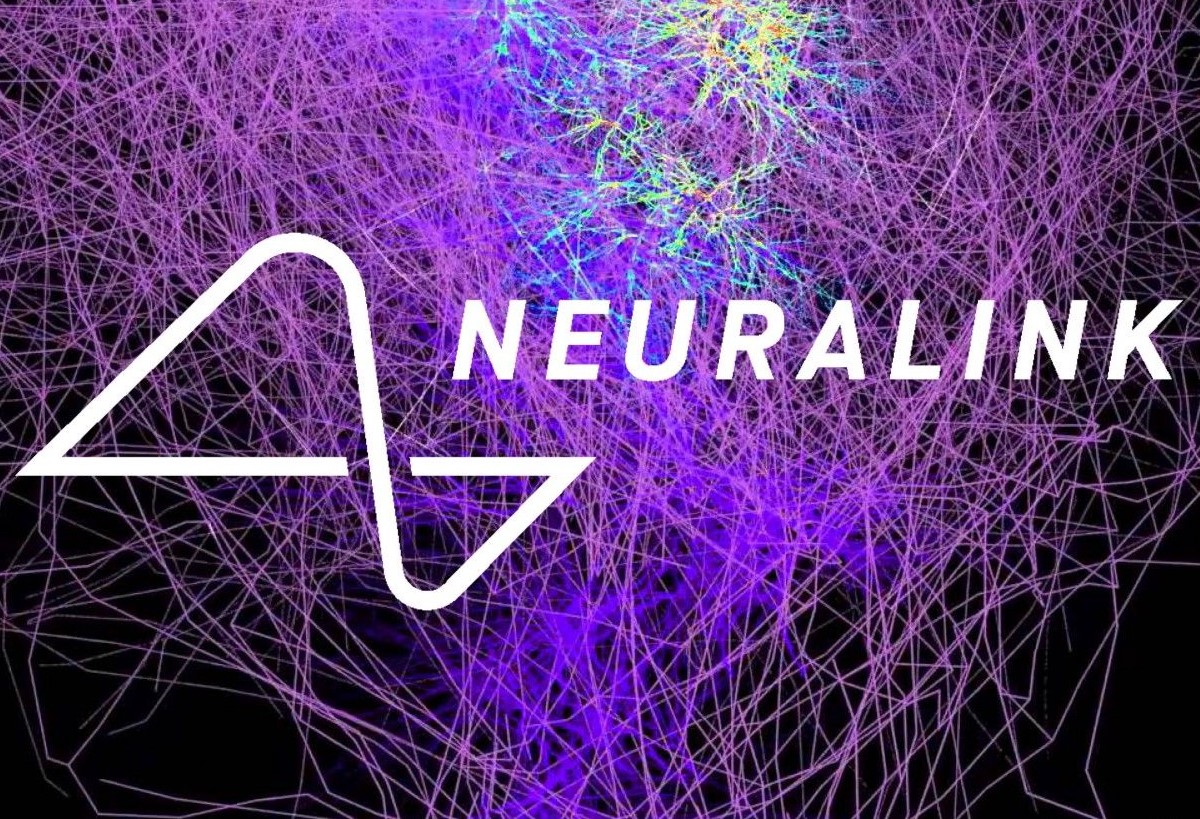
Neuralink’s First Human Trials 2024: During a live-streamed demonstration of the technology on Wednesday, the billionaire claimed that his business, Neuralink, which aims to create a direct interface between the human brain and computers, expects to start human testing of its implanted brain chip. For those who experience movement problems, such as those who have damaged spinal cords or Lou Gehrig’s disease, the technology has significant consequences. The business has thus far shown that monkeys with implants can operate a video game only with their brains.
Musk added during his speech, which served as a recruiting tool for the business, “We’re optimistic that it is feasible to restore complete bodily functionality to a person who has a damaged spinal cord.”The wireless gadget, implanted beneath the skin and similar to the size of a quarter, functions by converting brain impulses into actions. Musk added that the business is developing implants that extend beyond the brain.
Background Story
Neuralink, established in 2016 and has already acquired $373 million in investment, includes Musk as one of its co-founders. Musk has often claimed that his ultimate objective with Neuralink is to develop an embedded device that enables direct interaction between human intellect and artificial intelligence and, ultimately, their merging.
Neuralink wouldn’t be the first firm to do so even if it were to accomplish Musk’s audacious aim of integrating its technology into a human brain within six months. After receiving FDA permission, Synchron installed brain-computer interfacing in a patient for the first time in the US last year. To create a gadget comprised of soft, flexible materials, Axoft, a different firm focused on brain-computer interfaces, received $8 million in October.
Neuralink’s First Human Trials: Aspects Involve
Despite Musk’s grandiose boasts, several experts are still dubious about the development and security of Neuralink. Some others noted that the technology didn’t seem to have advanced significantly from what the firm had previously demonstrated. “No one cares regarding your scientific experiment if you aren’t eventually generating a device that is clearly benefitting patients,” David Putrino, head of rehabilitation at Mt. Sinai Healthcare System, stated in response to Semafor.
According to Dr. CristinWelle, a neuro-science expert who contributed to the FDA’s recommendations on brain-computer implants, authorities must examine if the Neuralink gadget poses any risks to users. This would incorporate any chance that the apparatus may harm the spinal cord and the brain.
Elon Musk allegedly approached Synchron, a rival of Neuralink, about a prospective partnership.
The Neuralink implant replaces a removed portion of the skull to stimulate mental and physical activity by matching its size and thickness. Musk used his oft-used analogy to describe the device during his presentation on Wednesday. He said it was similar to inserting an Apple Watch and a Fitbit in a portion of the skull.
Neuralink will prioritize its first two applications once it has the FDA’s approval to start conducting human studies, according to Musk. Restoring eyesight is the first step. Because the visual component of the cortex remains present, he says, “we think we still can restore vision, if somebody has never really had vision ever, like they were born blind.”
Neuralink, a new brain-reading technology from Musk, is shown on live pigs
The Neuralink implant allows monkeys to “telepathically” manipulate a computer mouse to type words—albeit meaningless ones—or play online games like Pong, as has previously been proven. Musk and his team displayed recordings of these Neuralink-implanted animals throughout the presentation.
Musk assured this same audience that animal testing started only after the device had been appropriately tested on an artificial human brain and was also approached as an affirmative, instead of exploratory, move in the implant’s development. This assurance appeared to respond to rumours earlier this year that Neuralink had been mistreating its wildlife subjects—claims the corporation vehemently denied.